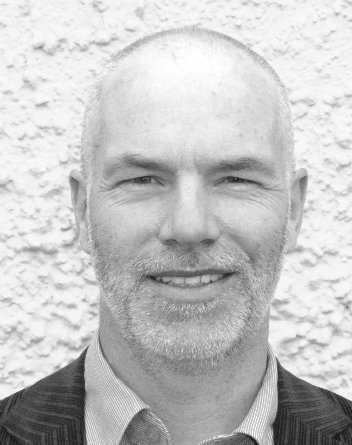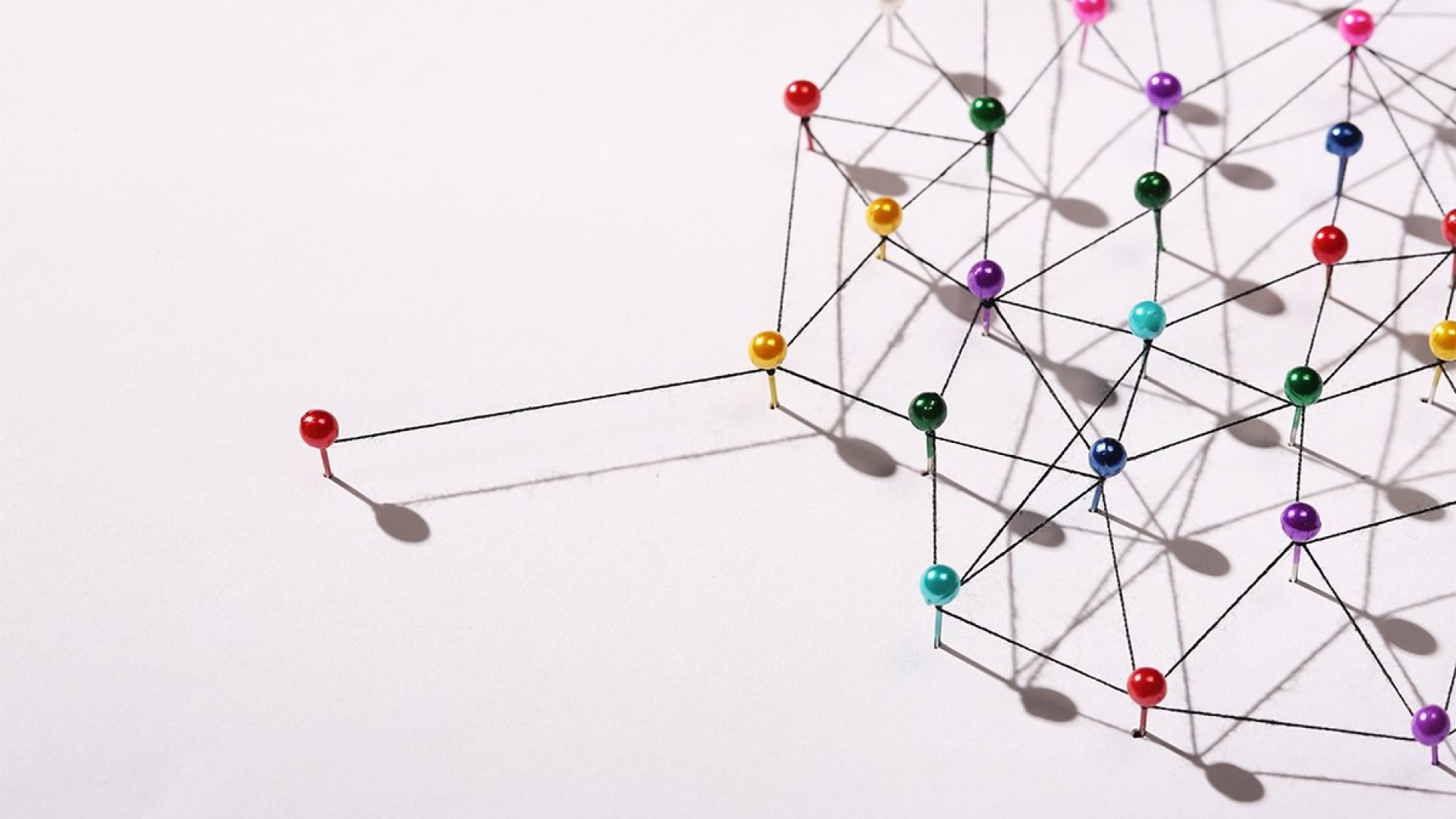
Role: Researcher
Location: University College Cork
Email: g.dalton@ucc.ie
Phone: +353 (0)21 486 4369
Overview
Dr. Dalton is an Ocean Renewable Energy Economics Engineer, a staff member of MaREI Research centre, UCC, Cork Ireland. His specialty is techno-economics, socio-economics and business plans.
Current Activities
- PI of the thematic group: Economics, Socio-economics and Business Modelling
Lead coordinator of the BG5 Maribe H2020 project www.maribe.eu. The project completed in August 2016. Final review October 2016. (see below further info). - Lead coordinator of the H2020 Geri4-2015 proposal ‘Gendering’. The project received 14.5/15, and attained ‘Reserve’ status. The project is resubmitted in 2016 SwafS-3, news December 2016.
- Gordon is the lead coordinator in a 2016 Cost Action proposal ‘SECURE’. The project has 20 countries as secondary proposers. Award news September 2016.
- Lead coordinator in Easme Blue Technologies call titled Maribe2. Submission September 2016.
- Lead coordination of BG4 proposal. Consortium members will be from Maribe team as well as 3 of the case study companies.
- Dr. Dalton is chair of the International Consortium of Research Staff Associations (ICoRSA www.icorsa.org ), consisting of 14 member associations, and a research network of 0.5 million researchers globally. Working relationship with Future Earth Coasts based in MaREI.
- Conferences attended:
- Moderator of Marine Energy UK Jly 2016
- Panellist in Blue economy Business and Science Forum Hamburg 2016
- Workshop organiser in Atlantic action strategy day Dunlin 2016
- Re-Accreditation chair of Croaian Universities PhD programs Sept 2016.
Background
Dr. Dalton is an Ocean Renewable Energy Economics Engineer, a staff member of MaREI Research centre, UCC, Cork Ireland. His specialty is techno-economics, socio-economics and business plans.
Gordon is the lead coordinator of the BG5 Maribe H2020 project www.maribe.eu. The Maribe project is a CSA project, spanning 1.5 years, €2M funds, and 10 international partners. The Maribe project proposal gained a review score of 14/15. The Maribe project has a wide selection of partners, including FAO from the United Nations and BVG associates.
Gordon was also the lead coordinator of the H2020 Geri4-2015 proposal ‘Gendering’. The project received 14.5/15, and attained ‘Reserve’ status. The project will be resubmitted in 2016.
Dr. Dalton is chair of the International Consortium of Research Staff Associations (ICoRSA), consisting of 14 member associations, and a research network of 0.5 million researchers globally.
Gordon is the lead coordinator in a 2016 Cost Action proposal ‘SECURE’. The project has 20 countries as secondary proposers.
Gordon is the chair of the Irish Research Staff Association (IRSA www.irsa.ie ) and the Vice Chair of the Cork Branch in UCC (www.ucc.ie/en/rsa).
As a mature student, Dr Dalton completed a degree in electronic engineering in Trinity College Dublin 2002, and a PhD in Australia in renewable energy economics in 2007. Prior to the pursuit of an engineering career, Dr. Dalton had a career in dentistry spanning 12 years.
Speciality Areas covered
- Marine economics:
- Cost evaluation & validations
- Resource assessment
- Techno-economic project evaluation
- Project viability sensitivity analysis
- Socio-economics:
- Supply & demand assessment
- Job creation evaluation
- Gross value added to national economies (GVA)
- Business modelling:
- Nine building blocks of the business model canvas:
- Value proposition
- Customers
- Customer relationships
- Channels
- Revenue
- Key resources
- Costs
- Key partners
- Key activities
- Market analysis
- Potential global market for Blue growth sectors
- Bottom up and top down analysis of potential market capture for a product
- Risk Assessment:
- Risk identification
- Rating probability
- Mitigation
- Software development:
- Architecture creation
- Software Project management
- Spin-out company creation
Data collection and validation of capital expenditure (Capex), operational expenditure (OPEX), decommissioning (Decex) for all marine sector areas, particularly wave, tidal and offshore wind.
Collection and validation of recourse data, used in the estimation of energy output for wave , tidal and offshore wind.
Wave: Hs and Te and the creation of scatterplots
Tidal and offshore wind: m/s and creation of frequency histograms
Excel spreadsheet creation, customised to projects. Energy calculation, total project costs, financial inputs, debt equity, loans, interest repayments on loans, Net present value (NPV), levilised cost of electricity (LCOE) and internal rate of return (IRL).
Parametric analysis
Monte Carlo Analysis
Goal seek
This group covers the following aspects of socio-economics. The Governance group covers: regulation, marine spatial planning, licencing and environmental impact.
Supply research examines current deployment rates of various Blue growth technologies: historical and future projected
Demand research examines the customer or public requirements for the product: historical and future projected
Jobs per MW, Jobs per € invested. Tools used are input out modeling and computer generated equilibrium
Uses multipliers and jobs/MW in calculation
Business modelling group research is based around the Business model canvas
Former Projects
- FP6 – Waveplam
- Entreprise Ireland Commercial Awards:
- Navitas Commercial Award (2012-2014)
- Exceedence consultancy company; http://exceedence.com/
- Exceedence Finance Techno-economic Software
- Microgrids – pre-commercial feasibility project
The overall objective of the WAVEPLAM project is to speed up the introduction of wave energy sources onto the European renewable energy market, tackling in advance the non-technological barriers and conditioning factors that may arise when these technologies are available for large-scale development, by means of a series of activities geared towards supporting the creation of a market for ocean energy technologies.
This project seeked to develop and commercialise a software platform (NAVITAS) that will become the global standard to evaluate the commercial viability of marine renewable energy projects and to ultimately exploit it through a new Irish start-up company. The target is to create the Garrad Hassan equivalent for the marine energy industry.
The outcoime of the project was:
The software provides full, realtime integration of technical and financial input/output. This means that right across an organisation from engineer to finance to CEO, everyone can see the impact of change. This will create a new way of communicating project requirements through the development chain.
A techno-economic software application which will enable users answer keys questions on the feasibility and optimisation of the use of Micro-generation (often called Distributed Generation) in their businesses or homes. Micro-generation schemes range in size from the small house based scenario, to the medium size factory set-up, including microgrid, to the large scale microgrid village or similar network.
Research Area categories
- Economics, Socio-economics and Business Development
- Energy Policy
- Marine Operations, Maintenance and Management
Further Information
Further information can be found on Gordon’s UCC Research Profile, Linkedin Profile, or on Research Gate.

